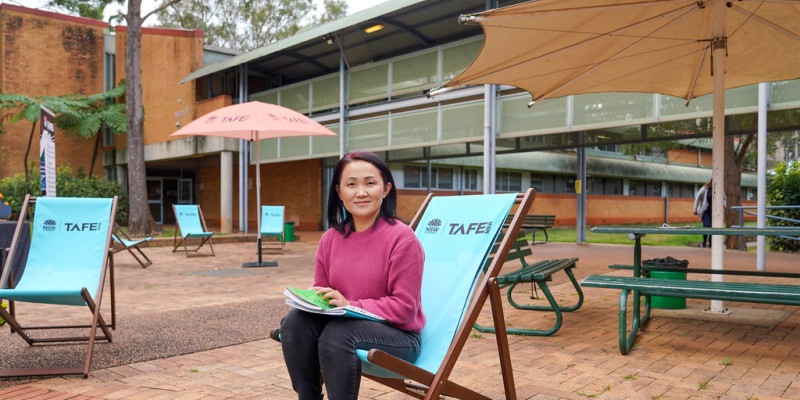Types of study
Discover the diverse educational pathways with our guide to types of study in NSW. Explore options such as degrees, certificates, diplomas, and more.

Find the best study options in Australia for international students

Higher Education
Explore programs and degrees that foster excellence from world-class universities.

Vocational Education and Training (VET)
Whether you’re looking to take the first step in your career, a VET qualification can be ideal.

English Language Intensive Courses for Overseas Students (ELICOS)
Study quality English language courses with national standards and industry-led quality framework.

Schools
Explore schools that offer quality education experiences, fostering growth and development.
